Directory
- Share
Saskia Brechenmacher
- Alumni
- Germany
- 2020 PhD Politics and International Studies
- Selwyn College
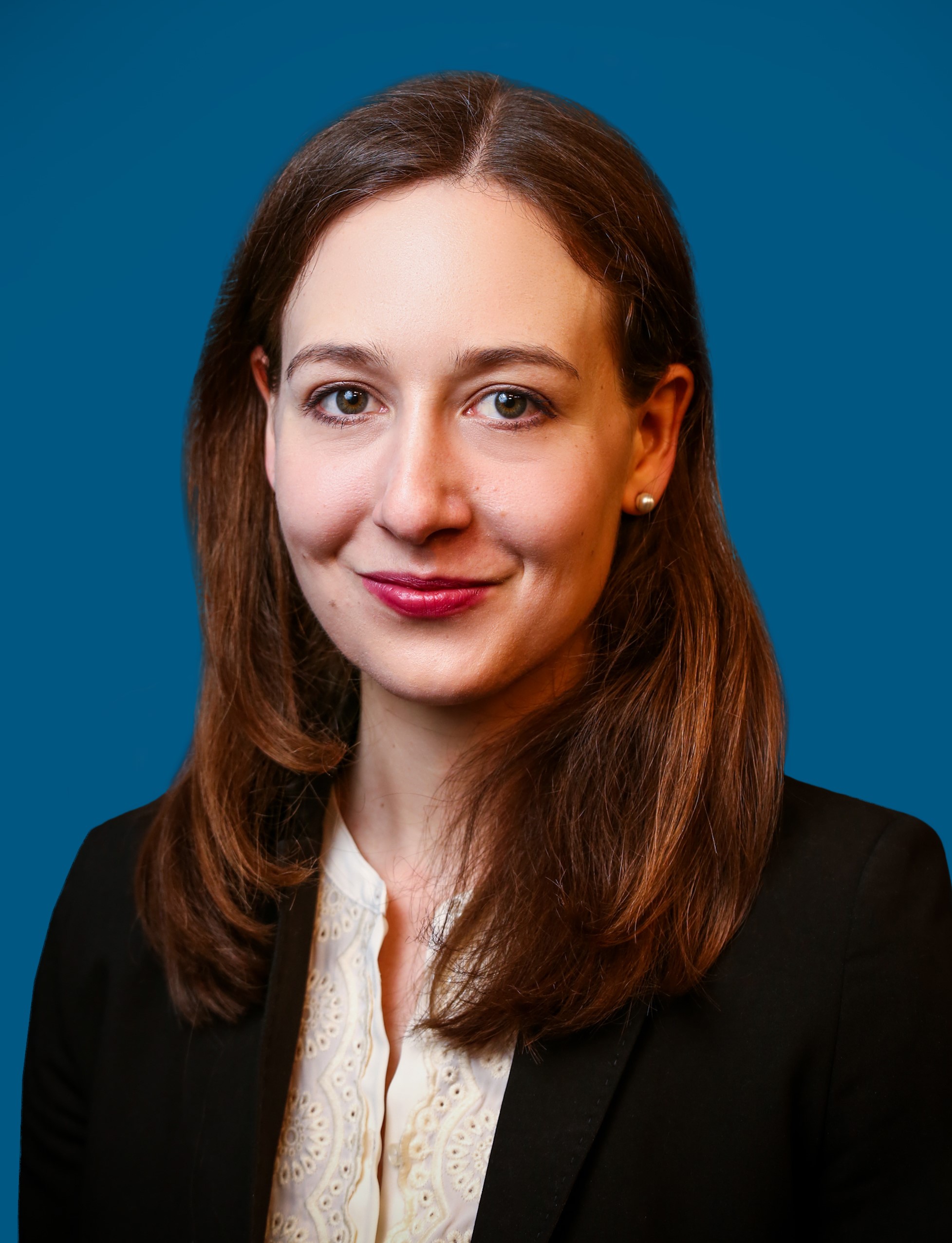
Saskia Brechenmacher
- Alumni
- Germany
- 2020 PhD Politics and International Studies
- Selwyn College
My interest in democratic transitions was first sparked by living in Bosnia and Herzegovina as a high school student. While studying at Brown University and the Fletcher School of Law and Diplomacy, I focused on political violence, democratization, and post-war development. For the past four years, I have worked as a fellow at the Carnegie Endowment for International Peace, conducting research on trends in women's political participation and civic mobilization and working directly with policymakers who seek to support democratic governance around the world. My research in Tunisia, Burkina Faso, Nepal and elsewhere highlights the need to better understand patterns of resistance to women's political power in different political and institutional contexts, as well as women's response strategies. I hope to use my PhD research to shed light on these dynamics, to help ensure that increases in women's descriptive representation translate into meaningful political power.
Previous Education
Tufts University Comparative Politics/IR 2016
Brown University Political Science 2012
Links
Jonathan Breidbord
- Alumni
- United States
- 2007 MPhil Medical Sciences (Psychiatry)
2010 MPhil Public Health and Primary Care - Wolfson College
Jonathan Breidbord
- Alumni
- United States
- 2007 MPhil Medical Sciences (Psychiatry)
2010 MPhil Public Health and Primary Care - Wolfson College
I aim to improve the health and wellbeing of people affected by autism-spectrum conditions and developmental disabilities. I seek roles in research, treatment, and practice because none of these fields seems sufficient on its own to meet so many wants and needs. I appreciate my experience of relevant, exciting science at the Autism Research Centre and rigorous, globally oriented thinking at the Institute of Public Health. Feels great to receive best-possible preparation for meaningful future pursuits in medicine. Feels really great to gain insight and inspiration from affiliates of the generous Gates Cambridge Scholarship that will last for long!
Angela Breitenbach
- Alumni
- Germany
- 2002 MPhil History & Philosophy of Science
- King's College

Angela Breitenbach
- Alumni
- Germany
- 2002 MPhil History & Philosophy of Science
- King's College
Alex Bremner
- Alumni
- Australia
- 2001 PhD History of Art
- Gonville and Caius College
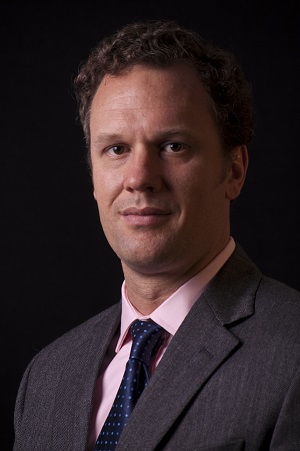
Alex Bremner
- Alumni
- Australia
- 2001 PhD History of Art
- Gonville and Caius College
Alex Bremner is Senior Lecturer in Architectural History at the University of Edinburgh. He researches the history and theory of Victorian architecture, specialising in British imperial and colonial architecture and urbanism. He has published widely on these subjects in a range of scholarly journals, including The Historical Journal, Architectural History, The Journal of the Society of Architectural Historians, Modern Intellectual History, and The Journal of Historical Geography. His first book, Imperial Gothic: Religious Architecture and High Anglican Culture in the British Empire, c.1840-1870 (Yale UP, 2013) was a ground-breaking study on the significance of ecclesiastical architecture in the formation of colonial society and culture, winning the 2013 Alice Davis Hitchcock Medallion from the Society of Architectural Historians of Great Britain.
Links
http://www.eca.ed.ac.uk/architecture-landscape-architecture/alex-bremner
Peter Brereton
- Alumni
- United States
- 2001 BAaff Natural Sciences
2009 PhD Physics - St Edmund's College

Peter Brereton
- Alumni
- United States
- 2001 BAaff Natural Sciences
2009 PhD Physics - St Edmund's College
As a member of the inaugural Gates class of 2001, I was able to catapult from my PhD in experimental physics to the forefront of quantum technology. After serving as a submarine officer in the U.S. Navy, I held positions as an experimental physicist at the Navy Research Laboratory and as a tenured associate professor of physics at the U.S. Naval Academy. Most recently, I was the founding Director of the Quantum Engineering and Sensing Technology (QuEST) Laboratory at NASA Goddard Space Flight Center. There, our team built testbeds and physics platforms for ground breaking sensors based on atoms. Using this technology, we designed and are building the most sensitive gravitational sensor on Earth. This will eventually be used on an Earth-orbiting satellite to measure the Earth's mass as it changes over days and weeks. With this sensor, we can detect a change in less than a centimeter of water in the water table over an area smaller than a single county in the U.S. state of Texas. At these sensitivities, Earth scientists can predict tectonic activity, manage water depletion for agricultural planning, and even see volcanic activity before eruptions.
Previous Education
United States Naval Academy BS 2001
Links
http://www.usna.edu/Users/physics/brereton
http://advquantum.com
http://www.linkedin.com/in/peterbrereton
Silvia Breu
- Alumni
- Germany
- 2005 PhD Computer Science
- Newnham College

Silvia Breu
- Alumni
- Germany
- 2005 PhD Computer Science
- Newnham College
I am excited about being in Cambridge and I hope to sharpen my skills, to broaden my view, and to meet exciting people. I work on the automated analysis of software and related artifacts. In particular, I like to improve the quality of software systems. I tackle this problem by helping programmers to identify functionality that is spread over a system but could be bundled for improved understanding and maintainability. At Cambridge, I am looking forward to finding mutually inspiring discussions as well as collaboration with people from inside and outside my field.
Mihai Brezeanu
- Alumni
- Romania
- 2003 PhD Engineering
- Churchill College

Mihai Brezeanu
- Alumni
- Romania
- 2003 PhD Engineering
- Churchill College
Eric Bringley
- Alumni
- United States
- 2016 PhD Chemical Engineering
- Robinson College
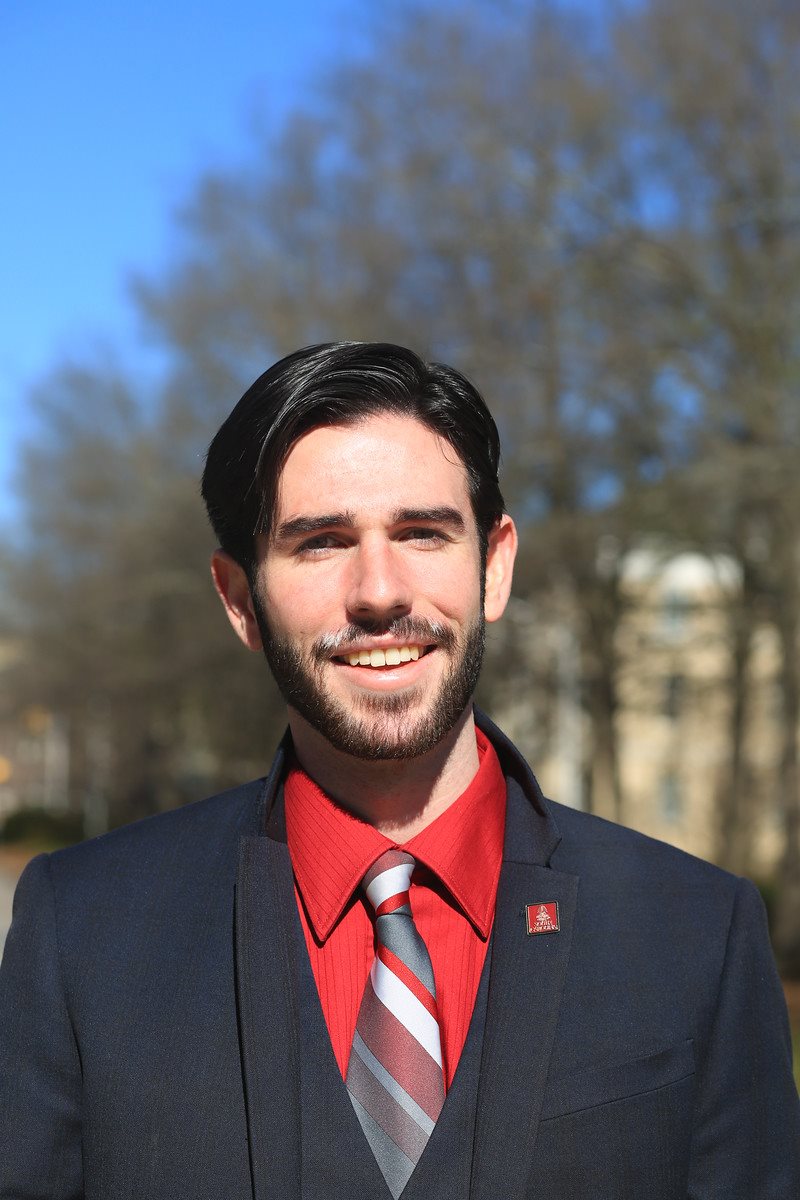
Eric Bringley
- Alumni
- United States
- 2016 PhD Chemical Engineering
- Robinson College
I attended the University of South Carolina where I studied chemical engineering with minors in chemistry and mathematics. My PhD in the Department of Chemical Engineering and Biotechology under Professor Markus Kraft studied inorganic nanoparticle growth in laminar flames using computational fluid dynamics and population balance modelling. Currently, I work for Siemens DISW developing multiphase computational fluid dynamics software for STAR-CCM+.
Previous Education
The University of South Carolina
Luis Briseño-Roa
- Alumni
- Mexico
- 2001 PhD Chemistry
- Gonville and Caius College
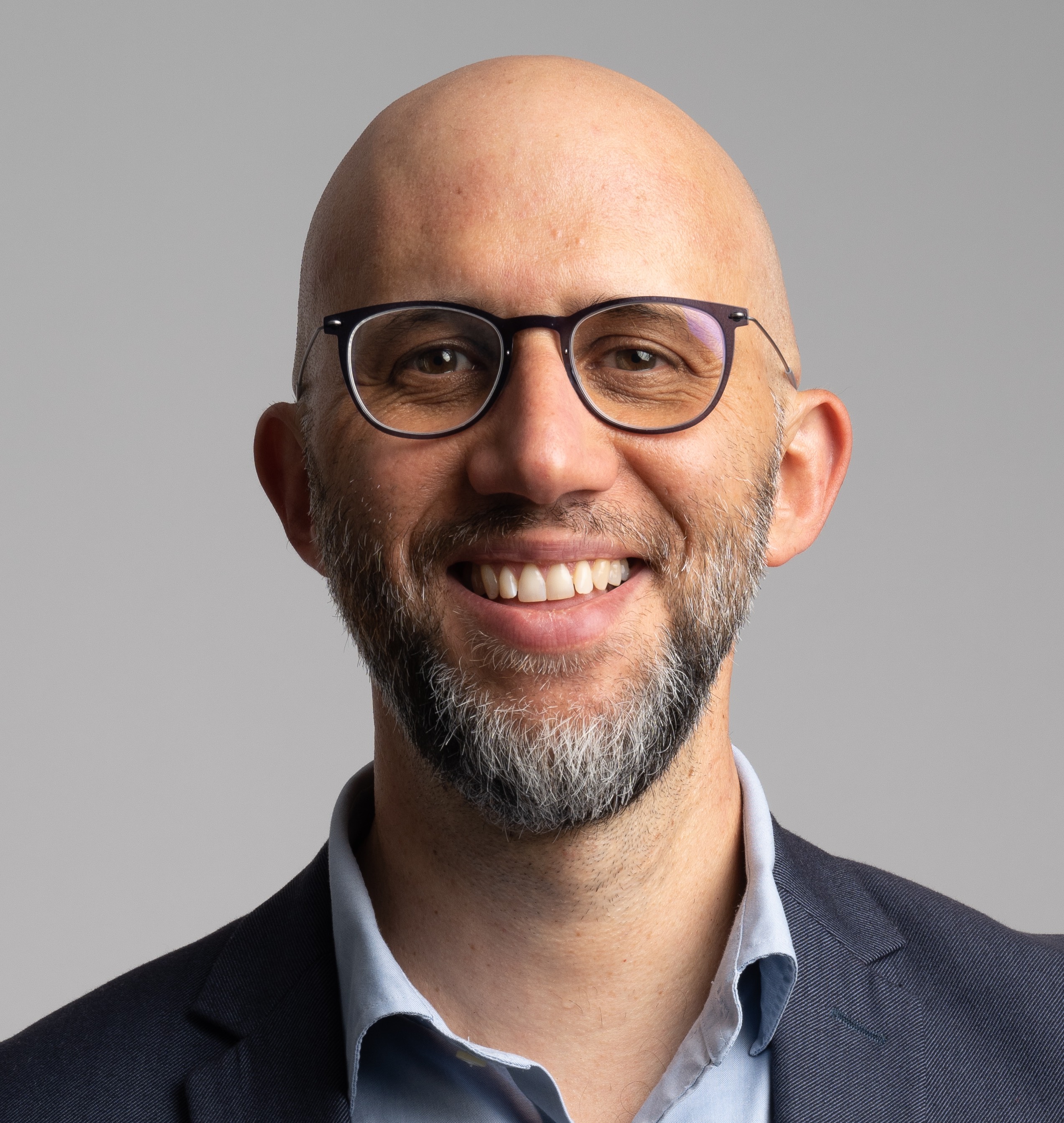
Luis Briseño-Roa
- Alumni
- Mexico
- 2001 PhD Chemistry
- Gonville and Caius College
Juliana Broad
- Alumni
- United States
- 2018 MPhil History, Philosophy, and Sociology of Science, Technology, and Medicine
- Darwin College
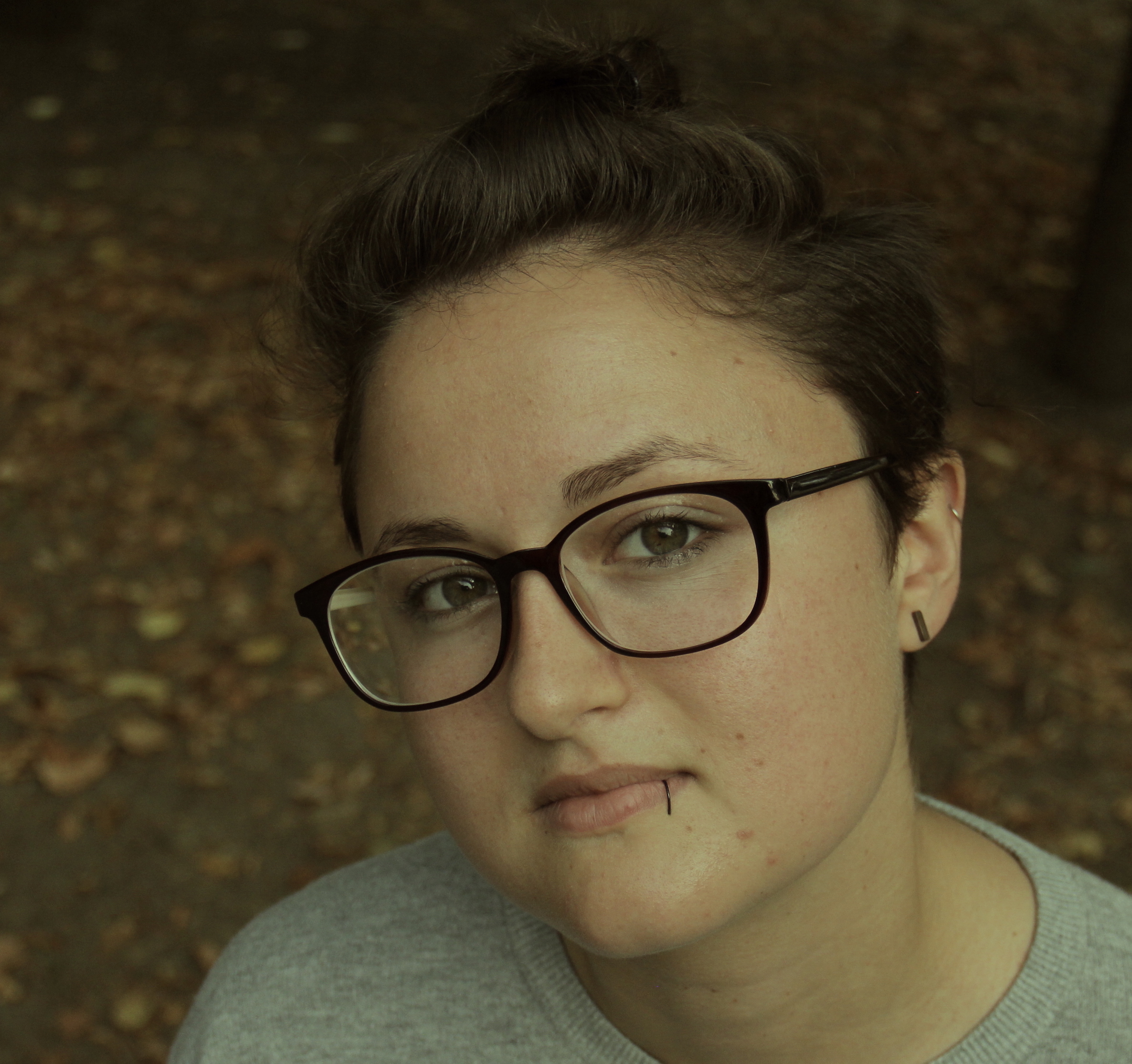
Juliana Broad
- Alumni
- United States
- 2018 MPhil History, Philosophy, and Sociology of Science, Technology, and Medicine
- Darwin College
While studying organismal biology, bioethics, and philosophy at McGill University, I became interested in how scientific knowledge informs and challenges philosophical ideas. Who has credibility in claiming scientific knowledge? What type of science can be claimed as legitimate and worthy of funding? I took a year off to work with a community service organization in Pittsburgh, PA, where I helped homeless clients apply for welfare benefits, Medicaid, and public housing lotteries. The question of resource allocation, of what our money should fund, suddenly appeared on a much larger scale than it had in my bioethics textbook, and propelled me to study critical social theory. I finished my undergraduate studies as a transfer student at The New School in New York City, where I had the opportunity to work as a research assistant for professors in the history and culture and media departments. At Cambridge, my work will focus on how scientific and medical research priorities are often influenced by financial and market forces; I’m interested in how, over time, those interests have shaped our research on and understanding of two processes in particular: reproduction and cognition. I’m excited to work with the Gates and Cambridge communities in examining the intersection of science, ethics, and economic systems to challenge hegemonic scientific ideas and pursue academic interventions needed for a more rigorous understanding of scientific and medical justice.
Previous Education
McGill University
University of Pittsburgh
The New School
Stijn Broecke
- Alumni
- Belgium
- 2001 MPhil Development Studies
- Corpus Christi College

Stijn Broecke
- Alumni
- Belgium
- 2001 MPhil Development Studies
- Corpus Christi College
Nicholas Bronn
- Alumni
- United States
- 2002 CASM Mathematics
- Churchill College

Nicholas Bronn
- Alumni
- United States
- 2002 CASM Mathematics
- Churchill College
John Brown
- Alumni
- United States
- 2012 MASt Pure Mathematics
- Churchill College

John Brown
- Alumni
- United States
- 2012 MASt Pure Mathematics
- Churchill College
I studied at Indiana University in Mathematics and English. At Cambridge, I completed Part III of the Math Tripos at Churchill College. Cambridge afforded me a wonderful experience that I still cherish. I now live and work in Chicago as a high school math teacher.
Joseph Brown
- Alumni
- United States
- 2002 MPhil Environment & Development
- Trinity Hall
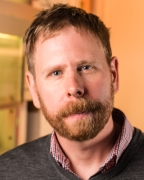
Joseph Brown
- Alumni
- United States
- 2002 MPhil Environment & Development
- Trinity Hall
Kayla Brown
- Alumni
- United States
- 2021 MPhil Sociology
- St John's College

Kayla Brown
- Alumni
- United States
- 2021 MPhil Sociology
- St John's College
I was raised in the San Francisco Bay Area and earned my B.A. in Media Studies and Public Policy from UC Berkeley. My MPhil dissertation examined how human rights and ethics employees working for “Big Tech” companies seek to institutionalize new norms by accruing or leveraging different forms of capital. I now work as a responsible business consultant and researcher and am based in New York City.
Previous Education
University of California, Berkeley Media Studies 2020
Tristan Brown
- Alumni
- United States
- 2006 MPhil Environmental Policy
- Girton College
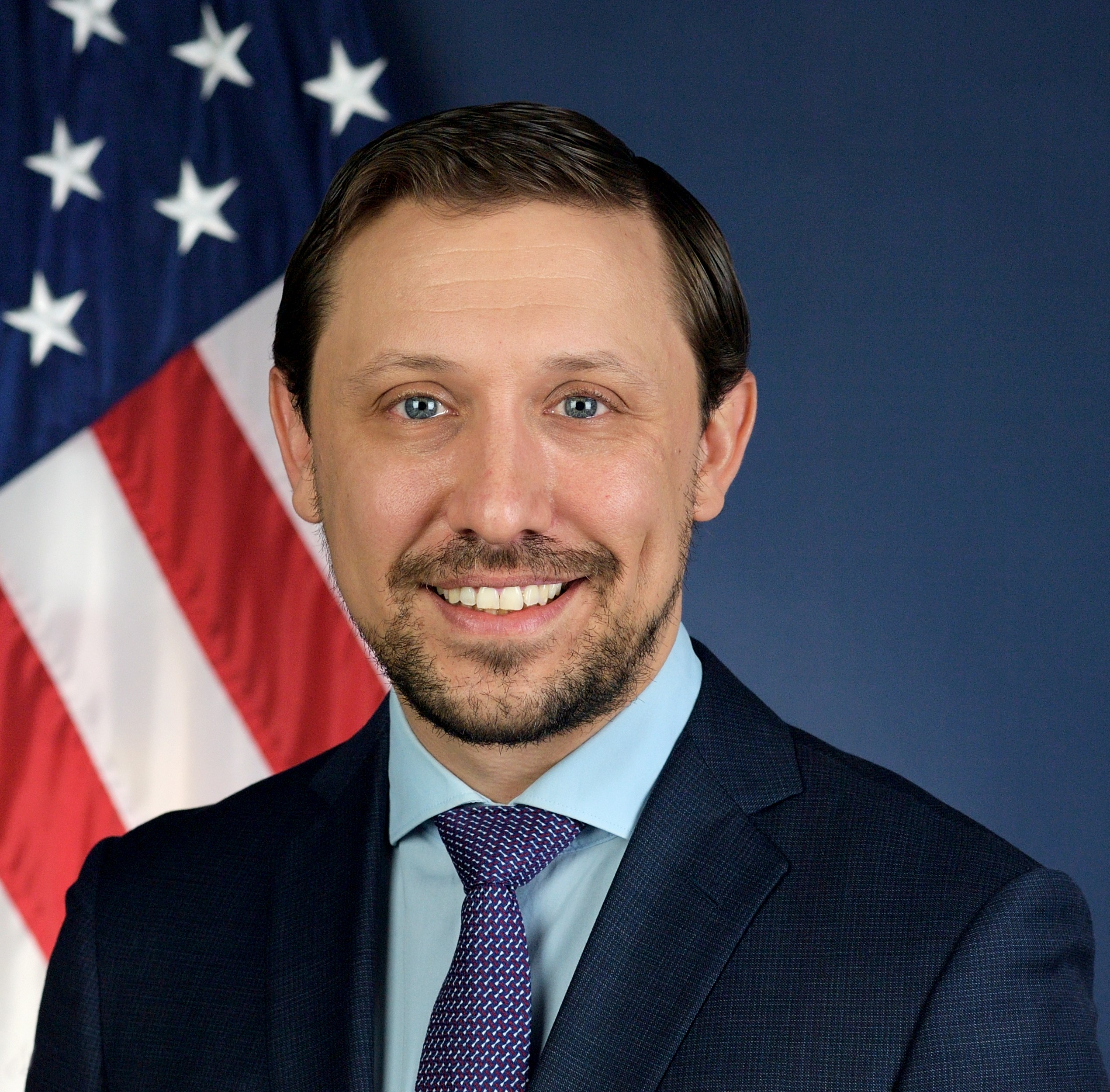
Tristan Brown
- Alumni
- United States
- 2006 MPhil Environmental Policy
- Girton College
I am currently serving as the Vice President of Infrastructure, Energy and Environment Policy at Business Roundtable, the Association of CEOs of America's leading companies working to promote a thriving U.S. economy. I previously served as the head of the U.S. Pipeline and Hazardous Materials Safety Administration, as well as an advisor on Capitol Hill, and practiced law in the private sector.
Previous Education
Western Michigan University BS Enviromental Studies, Science, Economics 2005
Emily Bruce
- Alumni
- United States
- 2007 MPhil Biological Science (Pathology)
- Pembroke College
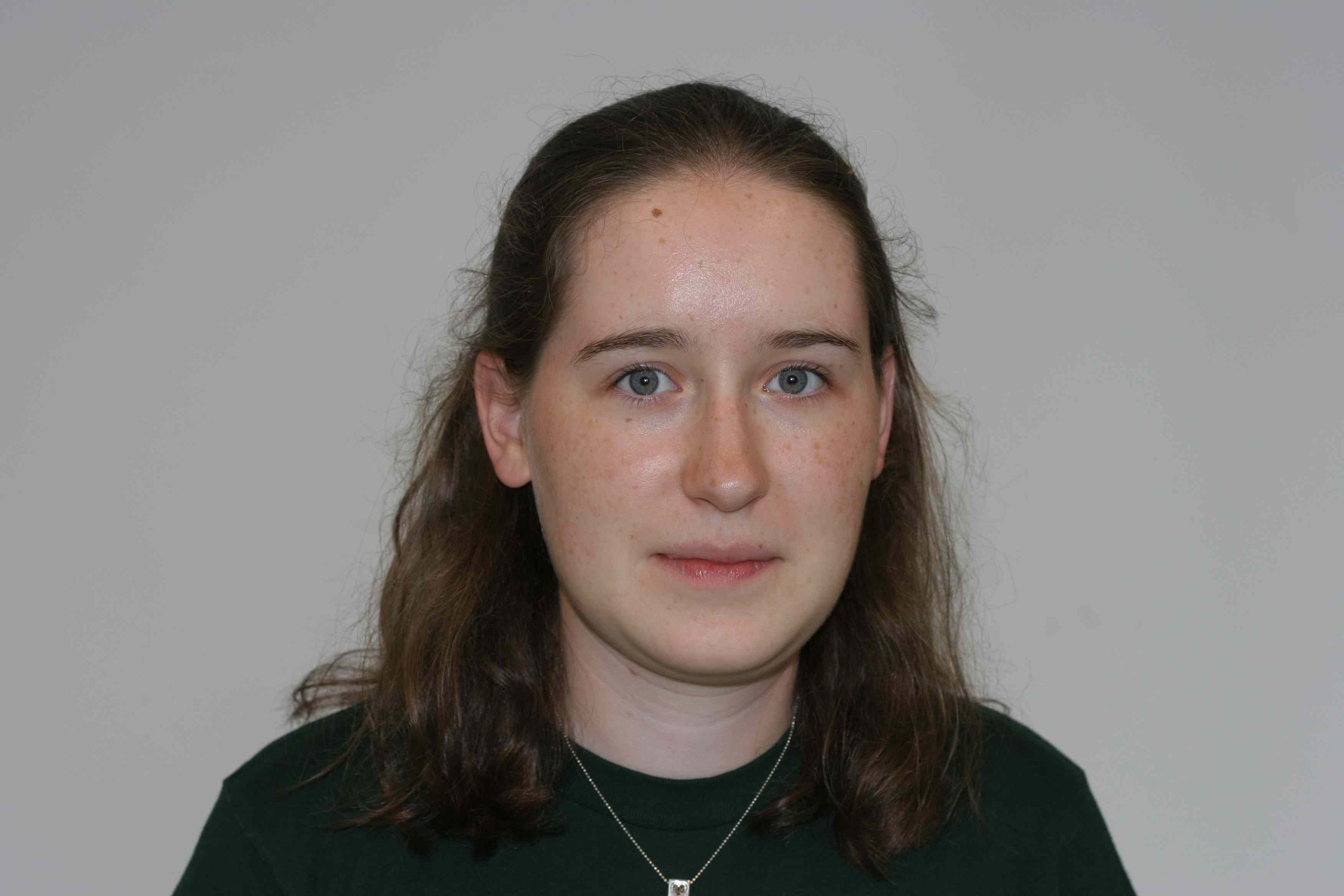
Emily Bruce
- Alumni
- United States
- 2007 MPhil Biological Science (Pathology)
- Pembroke College
I work in Dr Paul Digard's lab in the Division of Virology studying the role of cellular proteins in Influenza A virus assembly and budding.
Katherine Bruce-Lockhart
- Alumni
- Canada
- 2013 PhD History
- Trinity College
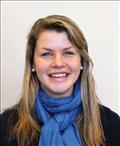
Katherine Bruce-Lockhart
- Alumni
- Canada
- 2013 PhD History
- Trinity College
I graduated with a BA in History and African Studies from the University of Toronto in 2012, and a MSc in African Studies from the University of Oxford in 2013. I am fascinated by the intersections between history and justice, especially on the African continent. My current research focuses on the prison system in Uganda from the onset of colonial rule to the overthrow of Idi Amin in 1979. I am interested in how prisons became sites of interaction and contestation between the state and society in both the colonial and post-colonial periods; spaces in which questions of power, morality, and identity were negotiated and challenged. My previous research focused on the detention of women during the Mau Mau Rebellion in colonial Kenya, with a particular emphasis on how colonial gendered perceptions of deviancy shaped punishment practices. More broadly, I am interested in the history of crime and punishment in colonial and post-colonial Africa; histories of women's detention and incarceration across the African continent; and the politics of reparations.








